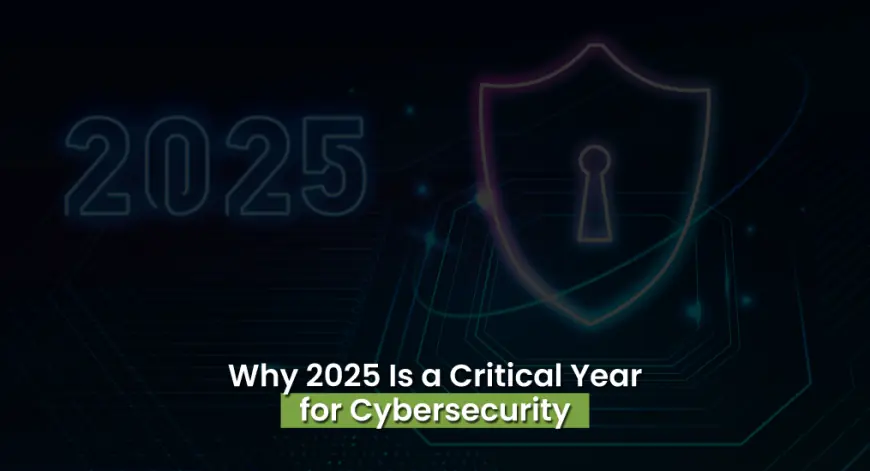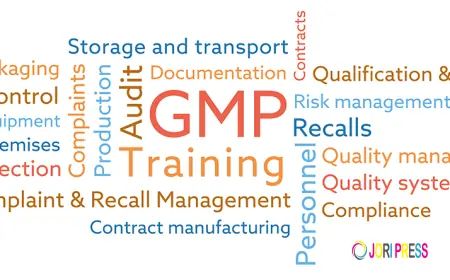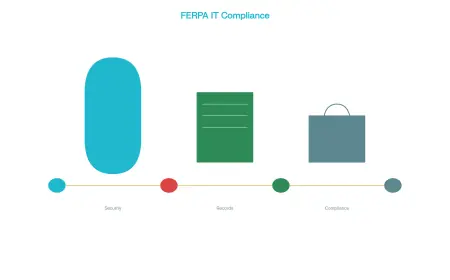Why Every Business Needs a Cybersecurity Provider in 2025
Learn why hiring a cybersecurity provider is critical for protecting sensitive data and reducing the risk of cyber threats in 2025.

As technology evolves, so do the tactics of cybercriminals. By 2025, cybersecurity will be necessary rather than optional. Businesses of all sizes face increasing threats, from ransomware attacks to sophisticated phishing schemes. A cybersecurity provider can be your organization’s first line of defense, ensuring systems are secure, data is protected, and compliance is maintained.
Understanding the Role of a Cybersecurity Provider
A cybersecurity provider offers a wide range of services aimed at preventing, detecting, and responding to cyber threats. These may include:
-
Network security monitoring
-
Incident response and recovery
-
Threat detection and intelligence
-
Risk assessments and audits
-
Security awareness training
-
Compliance support (e.g., HIPAA, NIST, CMMC)
The role is both proactive and reactive—anticipating attacks and responding swiftly when breaches occur.
Why Cybersecurity Providers Are More Crucial Than Ever
1. Rising Cybercrime Rates
According to a report by IBM, the average cost of a data breach in 2024 was over $4.45 million, a figure expected to rise in 2025. Threat actors are becoming more advanced, targeting not just large enterprises but also SMBs lacking proper defenses.
2. Complex Compliance Requirements
Regulations like HIPAA, NIST 800-171, CMMC 2.0, and GDPR demand strict controls on data privacy and cybersecurity. Meeting these requirements without professional help can be overwhelming.
3. Shortage of Skilled Cybersecurity Professionals
There’s a growing talent gap in the cybersecurity industry. Many businesses can't afford full-time, in-house experts. A cybersecurity provider brings seasoned professionals onboard without the burden of internal hiring.
Key Services Offered by Cybersecurity Providers
Security Assessments and Audits
Before putting a protection plan into action, providers usually start with a thorough security analysis. This includes identifying vulnerabilities in your:
-
Network infrastructure
-
Cloud environments
-
Endpoint devices
-
Access controls
Threat Monitoring and Detection
24/7 monitoring helps detect abnormal activity in real time. Advanced tools like SIEM (Security Information and Event Management) platforms are often used to correlate threat data and respond quickly.
Incident Response and Recovery
In the event of an attack, time is critical. Cybersecurity providers implement incident response plans that minimize downtime and data loss. This includes forensic analysis, threat containment, and system restoration.
Compliance Consulting
Whether you're in healthcare, government contracting, or financial services, maintaining compliance is non-negotiable. Providers help organizations understand the frameworks they must adhere to, such as:
-
CMMC for DoD contractors
-
NIST 800-171 for federal suppliers
-
HIPAA for healthcare organizations
(Here's a helpful guide on NIST CMMC compliance for additional insights.)
How to Choose the Right Cybersecurity Provider
With hundreds of companies offering cybersecurity services, it’s important to find a provider that aligns with your business needs. Here are a few factors to consider:
1. Industry Experience
Look for providers who understand your specific industry requirements and regulatory landscape.
2. Proactive Security Approach
Choose a partner who not only responds to threats but actively works to prevent them.
3. Scalability
The provider should be able to scale services as your business grows.
4. Transparent Communication
Clear reporting, dashboards, and communication practices build trust and transparency.
Benefits of Working with a Cybersecurity Provider
-
Reduced Downtime: Quick response times and proactive monitoring reduce the likelihood of extended outages.
-
Cost Efficiency: Avoid costly breaches and legal penalties by investing in preventive security.
-
Peace of Mind: Knowing your systems are protected allows business leaders to focus on growth instead of risks.
You can explore more on how a cybersecurity provider can support your infrastructure and security initiatives.
Frequently Asked Questions
What does a cybersecurity provider do?
A cybersecurity provider protects your systems, data, and infrastructure from cyber threats through services like risk assessments, threat monitoring, and compliance support.
Is cybersecurity only for large businesses?
No. Small and mid-sized businesses are increasingly targeted because they often lack advanced security systems. Cybersecurity providers help fill that gap affordably.
How much does it cost to hire a cybersecurity provider?
Costs vary depending on the scope of services, industry, and organization size. However, most providers offer scalable packages for different budgets.
How do I know if my business needs cybersecurity help?
If your business stores sensitive data, processes payments, or falls under any regulatory framework (e.g., HIPAA, CMMC), you need professional cybersecurity support.
Final Thoughts
In 2025, cybersecurity isn’t just an IT issue—it’s a business imperative. Partnering with a skilled cybersecurity provider is one of the most effective ways to defend your organization against today’s evolving threats.
Whether you're aiming to meet compliance requirements or improve your cyber resilience, investing in expert security services is a proactive step that pays off long-term.
Files
What's Your Reaction?
 Like
0
Like
0
 Dislike
0
Dislike
0
 Love
0
Love
0
 Funny
0
Funny
0
 Angry
0
Angry
0
 Sad
0
Sad
0
 Wow
0
Wow
0


















































